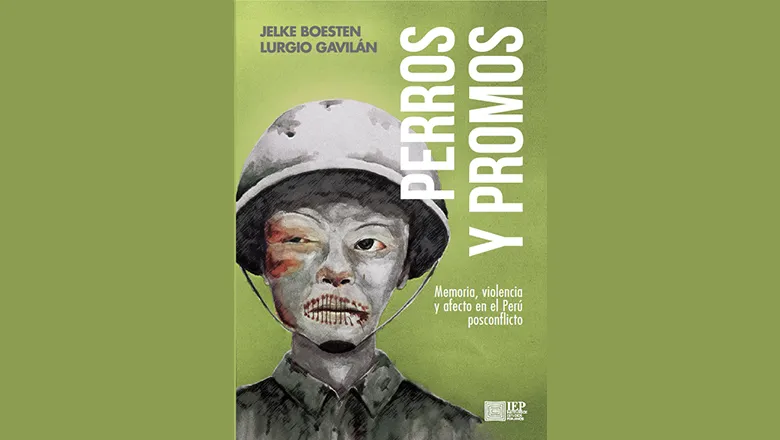In my previous work, I extensively studied sexual violence in war and peace in Peru from the perspective of victims and transitional justice processes. In this book, we study the narratives of the perpetrators to reveal the extent to which violence and sex are intertwined in shaping the subjectivities of recruits, and indeed, the military as an institution.
Professor Jelke Boesten, Professor in Gender and Development
12 June 2023
New book throws light on military culture that enabled sexual violence in Peru
The book, co-authored by Professor Jelke Boesten, explores the experiences of army veterans during the internal conflict in Peru.

A new book, co-authored by Professor Jelke Boesten in the Department of International Development, explores how sex and violence entangled to create a military culture that enabled widespread gendered violence in Peru during the country’s internal armed conflict.
Based on interviews with army veterans, the book aims to understand the pathways of ‘ordinary’ young men into perpetrating extreme forms of violence, including sexual violence, against civilians, suspected insurgents, and each other during the internal armed conflict from 1980s to 2000s.
The research is a result of a collaboration between Professor Boesten and Dr Lurgio Gavilán and is funded by the British Academy. Dr Gavilán, who co-authored the book, is a Peruvian anthropologist and a veteran of the Peruvian army himself.
Based on analysis of in-depth interviews, the authors argue that the army shaped the intimate lives of recruits through sexual socialisation, humiliation and violence. Soldiers experienced institutional racism and sexual abuse, and were exposed to ideas about military masculinity that helped condition them to sexually dominate the bodies of others.
The book, published in Spanish, is titled ‘Perros y promos: Memoria, violencia y afecto en el Perú posconflicto’ which translates to ‘Dogs and mates: Memory, violence and affect among Peruvian veterans in postconflict Peru.’
The authors chose to publish the book in Spanish in Peru to make it accessible to – and to start a discussion with – key stakeholders in the country, including veterans, their families, the military, and the human rights community. The first half of the book allows the veterans themselves to speak through nine narrative testimonies and is followed by an analysis by the authors.
The findings from the study are also published in an article in the journal Latin American Research Review.

